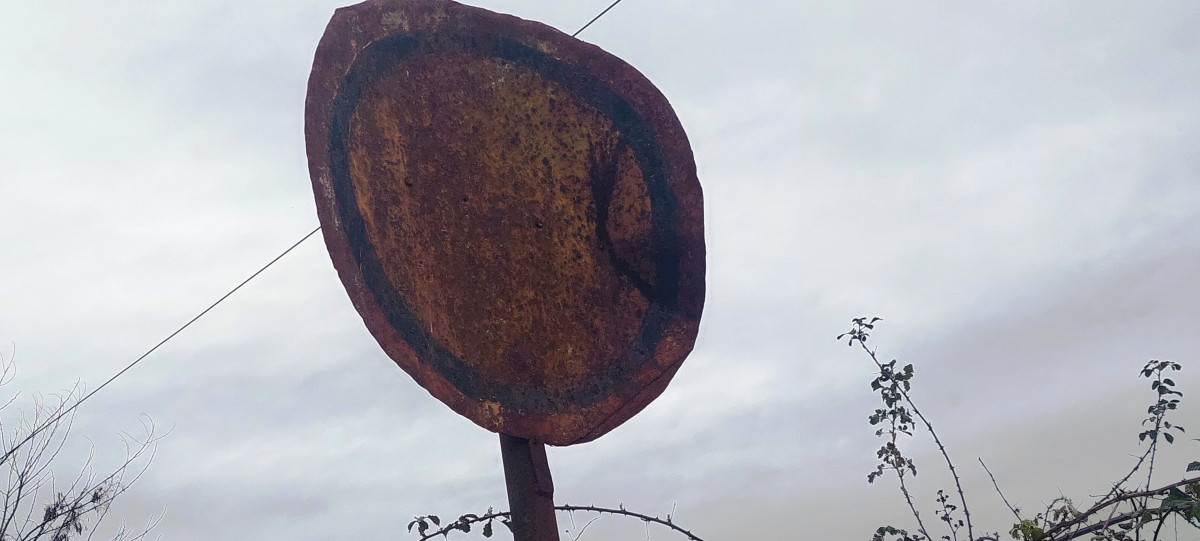Losing track in green transition: Albania and Kosovo’s challenging journey towards railway revitalisation
What was your biggest challenge working on this project?
Jeta: For me, the biggest challenge was to get information about Kosovo’s infrastructure, especially about the work that has been done over the years in developing the railways. It was likewise hard to get answers from the authorities – it often took weeks for them to share their concrete plans.
Arlis: The biggest challenge in working on this project was also the lack of information. It was difficult to find infrastructure experts who specialise in railway development. Everyone was stunned when I asked them questions about revitalising the railway network. The last time Albanians boarded a train was shortly after World War II.
How did you overcome this?
Jeta: I have worked as a journalist for years and have direct contact with experts in different fields.
Arlis: Via my network I found a retired engineer who had constructed railways before, and his help was invaluable. We should know the past to understand where we are going.
What was the biggest surprise or the ‘aha moment’ while working on this project?
Jeta: The biggest ‘aha moment’ for me came when a transportation expert told me that the region could have received trams as a gift from Turkey and Austria. As a citizen of Kosovo, I had never heard of this offer and it would have been really helpful, but it was never accepted by our government.
Arlis: The project that seems to be prioritised is a rail line between the centre of the Albanian capital Tirana and the village of Rinas, where the country’s international airport is located. The government appears to focus on areas of international importance.
"Our cross-border collaboration helped me recognise solutions by looking at the wider context."
How did working in a cross-border collaboration deepen your understanding of your subject?
Arlis: It showed me that although we live in different countries, we face the same problems. Our cross-border collaboration helped me recognise solutions by looking at the wider context.
How did you coordinate the work of a team of busy journalists based across different countries?
Jeta: We held regular exchanges with Arlis and this helped a lot. We assessed our progress at least once a week.
What is your single piece of advice for a team of journalists keen to do a joint cross-border story for the first time?
Jeta: I would strongly recommend that all journalists take part in such projects, because they give them a much better understanding of where their respective countries stand on issues that have relevance across borders.
Published work
By ATV Television, Kosovo
By Portali Vizion, Albania


